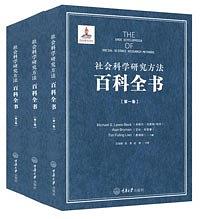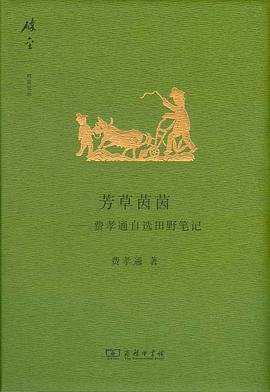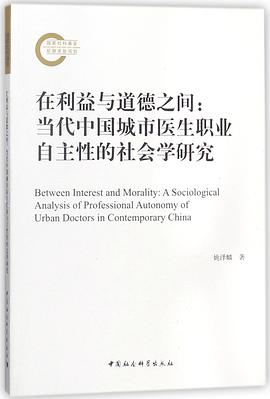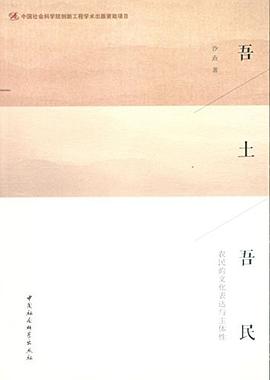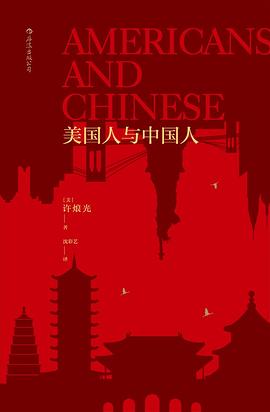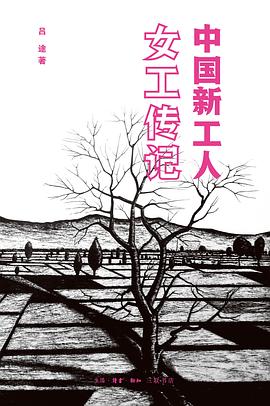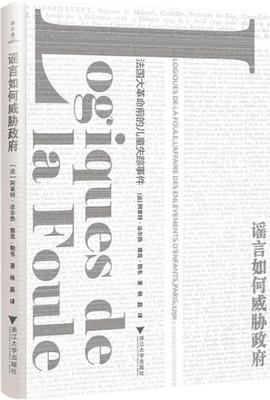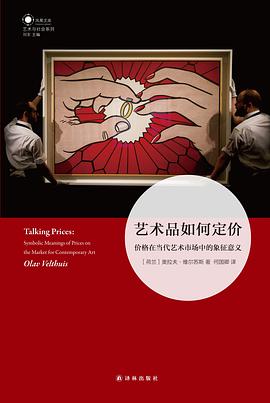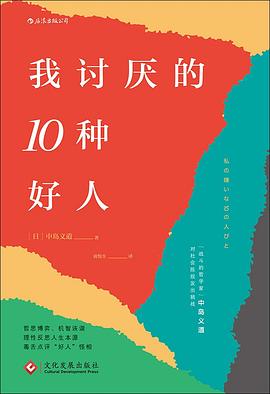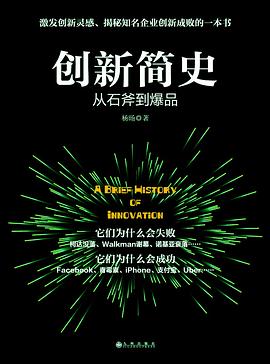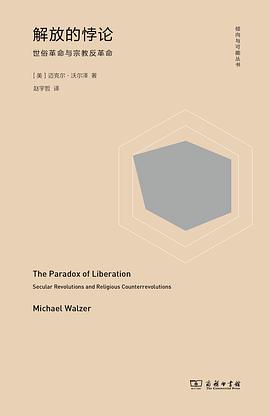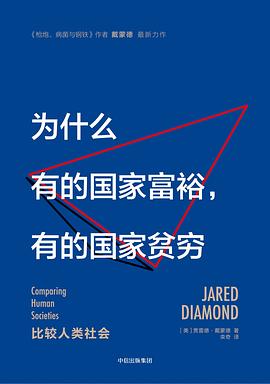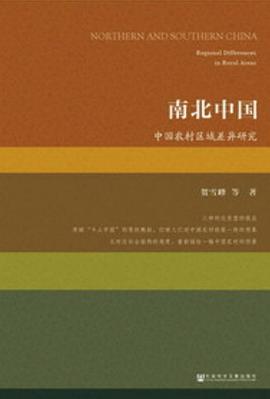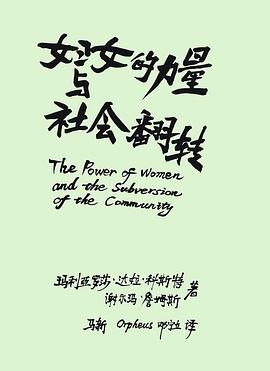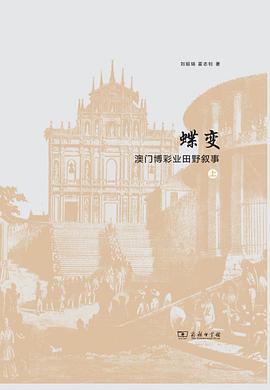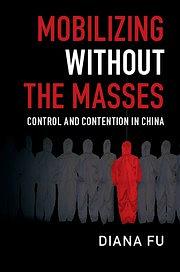
Mobilizing without the Masses pdf epub mobi txt 电子书 下载 2025
- 政治学
- 社会运动
- 社会学
- 海外中国研究
- 威权主义
- 比较政治
- 政治社会学
- politics
- 政治动员
- 社会运动
- 群众参与
- 数字时代
- 非暴力抗争
- 组织策略
- 公民社会
- 信息传播
- 变革动力
- 草根力量

具体描述
When advocacy organizations are forbidden from rallying people to take to the streets, what do they do? When activists are detained for coordinating protests, are their hands ultimately tied? Based on political ethnography inside both legal and blacklisted labor organizations in China, this book reveals how state repression is deployed on the ground and to what effect on mobilization. It presents a novel dynamic of civil society contention - mobilizing without the masses - that lowers the risk of activism under duress. Instead of facilitating collective action, activists coach the aggrieved to challenge authorities one by one. In doing so, they lower the risks of organizing while empowering the weak. This dynamic represents a third pathway of contention that challenges conventional understandings of mobilization in an illiberal state. It takes readers inside the world of underground labor organizing and opens the black box of repression inside the world's most powerful authoritarian state.
作者简介
Diana Fu is Assistant Professor of Asian Politics at the University of Toronto. This book builds upon her dissertation research at the University of Oxford where she studied as a Rhodes Scholar. Previously, she was a Walter H. Shorenstein Postdoctoral Fellow at Stanford University, California and a pre-doctoral fellow at the Massachusetts Institute of Technology. Her research has been supported by the Harold Hyam Wingate Foundation, the Chiang Ching Kuo Foundation, and the Rhodes Trust. Her academic articles have been published in Comparative Political Studies, Governance, and Modern China, among others. Her writing and research have appeared in The Economist, Foreign Affairs, The Washington Post, The Boston Review, PostGlobal, and Nicholas Kristof's 'On the Ground' Blog for The New York Times.
目录信息
读后感
评分
评分
评分
评分
用户评价
和the pedagogy of the oppressed放一起看,棒
评分太稚嫩、格局太小了,除在中层加入介于组织与个体间的“无大众动员”外没有理论深度,大概看到倘若我本科直升读博做民族志的后果。上篇笼统地谈了劳工NGO,纵向中央和地方政府、横向不同政府机构对NGO的分散化管控,政府购买社会服务来促使竞争和收编管控。下篇对微观集体行动、个体化有幕后指导的行动、离散性行动三种策略的比较见P91,第一被直接镇压关停,第二采用个体威胁式行为达成诉求相对可行,第三用非暴力合作的文艺手段非常和谐。但是从零星的个体/组织行动到工人集体意识的启蒙到反权威政体意识的觉醒到对民主自由大众动员的乐观,这几步跳的太大了!一边是激进团体地下化去组织化的策略,一边是劳工在组织培训下参与个体抗争,两者完全没有融汇并切入政治+组织社会学理论核心,穿插的四个NGO案例毫无理论比较意义 M
评分3.5。主题和素材选得好,讨论当代中国的劳工组织(主要是北京和珠三角地区)如何动员个体及威权政府如何管控社会。上篇聚焦政府管制,对地下组织采用三种碎片化控制策略(镇压、合作、忽视),对地上组织则采用竞争性管理(按照作者话说是“reap the benefits of civil society”)下篇提出三种无群众的集体行动策略:微观集体行动、原子化个体行动、话语性/文化性行动(不知道短评里的“离散性”是怎么得出的)其中劳工组织动员、教导工人的过程值得关注。对江胡温时期的一些政策和事实上的细节刻画很有趣,比如不同的地方部门管理社会组织时出现的龃龉,还有早先的社团主义。遗憾的是整本书还是描述性略强,没有看到更清晰的中层理论。
评分在过去的某一段时间里,劳工机构在帮助工人维权、培养工人意识、在公共领域为工人发声这些方面所取得的成就都是不容抹杀的。但劳工机构与更广范围内的工人集体行动一直没能很好地结合,即使在巅峰状态,两者也最多是若即若离的关系。这是这场“运动”的局限性。威权体制本身不能用来解释这种局限性。因为威权并不必然压制大众层面的运动。所以,中国的情况为什么是现在这样,是经济结构的原因,还是国家控制有方,还是运动者本身采取的策略有问题,这是非常值得分析的。而作者编出了一个“没有大众的动员”的概念,就完美地绕过了这些本来最值得追问的问题。她的意思说白了就是:虽然你管得严,但我们也还是稍微能闹一下的。但劳工问题当中有多少是靠这么稍微闹一下能解决的,又有多少是需要深层次的动员和体制改革?缺乏反思的作品。不灵的。
评分就那样吧……
相关图书
本站所有内容均为互联网搜索引擎提供的公开搜索信息,本站不存储任何数据与内容,任何内容与数据均与本站无关,如有需要请联系相关搜索引擎包括但不限于百度,google,bing,sogou 等
© 2025 book.quotespace.org All Rights Reserved. 小美书屋 版权所有

